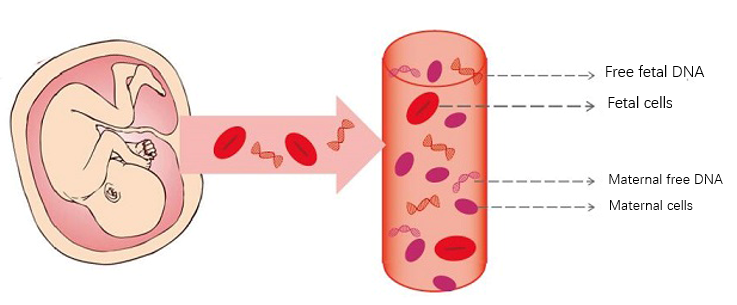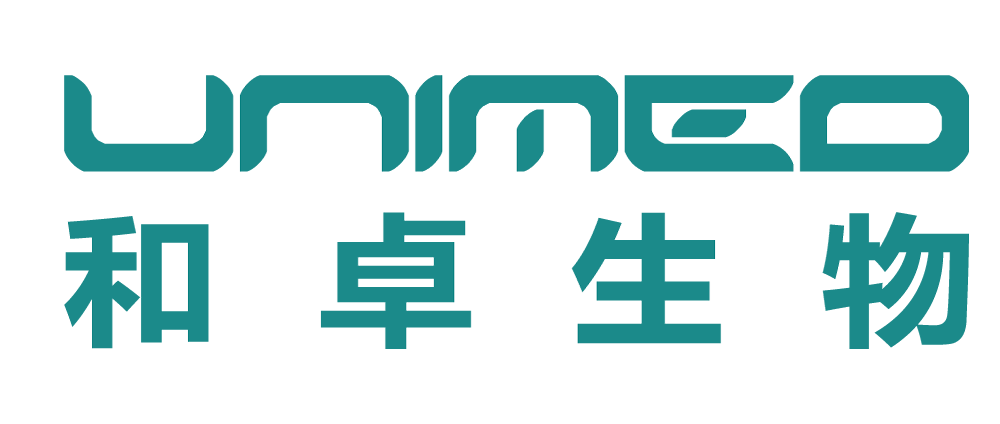cb-NIPT
cb-NIPT
cb-NIPT single cell non-invasive prenatal gene detection is the world's first new
generation of non-invasive prenatal detection service based on fetal cells in
maternal peripheral blood.
As
early as 10-12 weeks of pregnancy, 20ml of venous blood of pregnant women can
be extracted, and the rare cell capture platform of full-automatic fluorescent
staining proprietary to hetronics can be used to separate trace, complete and active
circulating fetal cells. According to the whole genome information of single
cell, the risk rate of fetal heritage disease can be determined. It is the most
comprehensive, accurate and safe product inspection service known at present.
At the same time, the technology can also be applied to prenatal paternity
test.

Technical
principle
Fetal
genetic material will enter the maternal blood through the placenta. At
present, there are two sources of non-invasive methods to obtain fetal genetic
material: fetal free DNA (cffDNA) in maternal peripheral blood and fetal cells
in maternal blood.
The
proportion of circulating fetal cells in maternal peripheral blood is very low,
only 0.5 cells per ml on average. Using unipicker ® single cell capture platform independently
developed by hzobio, it is the first time to achieve high success rate of fetal
cell capture.
Technological advantage
- Exact: eliminate maternal DNA interference
- Precision: one billionth of trace single cell capture
- Comprehensive: covering all known genetic disease tests
- Simple: only 20ml of pregnant women's venous blood needs to be collected
- Accuracy: the detection rate of common genetic diseases is more than 99%
- Safety: venous blood sampling, fetal safety, non-invasive
